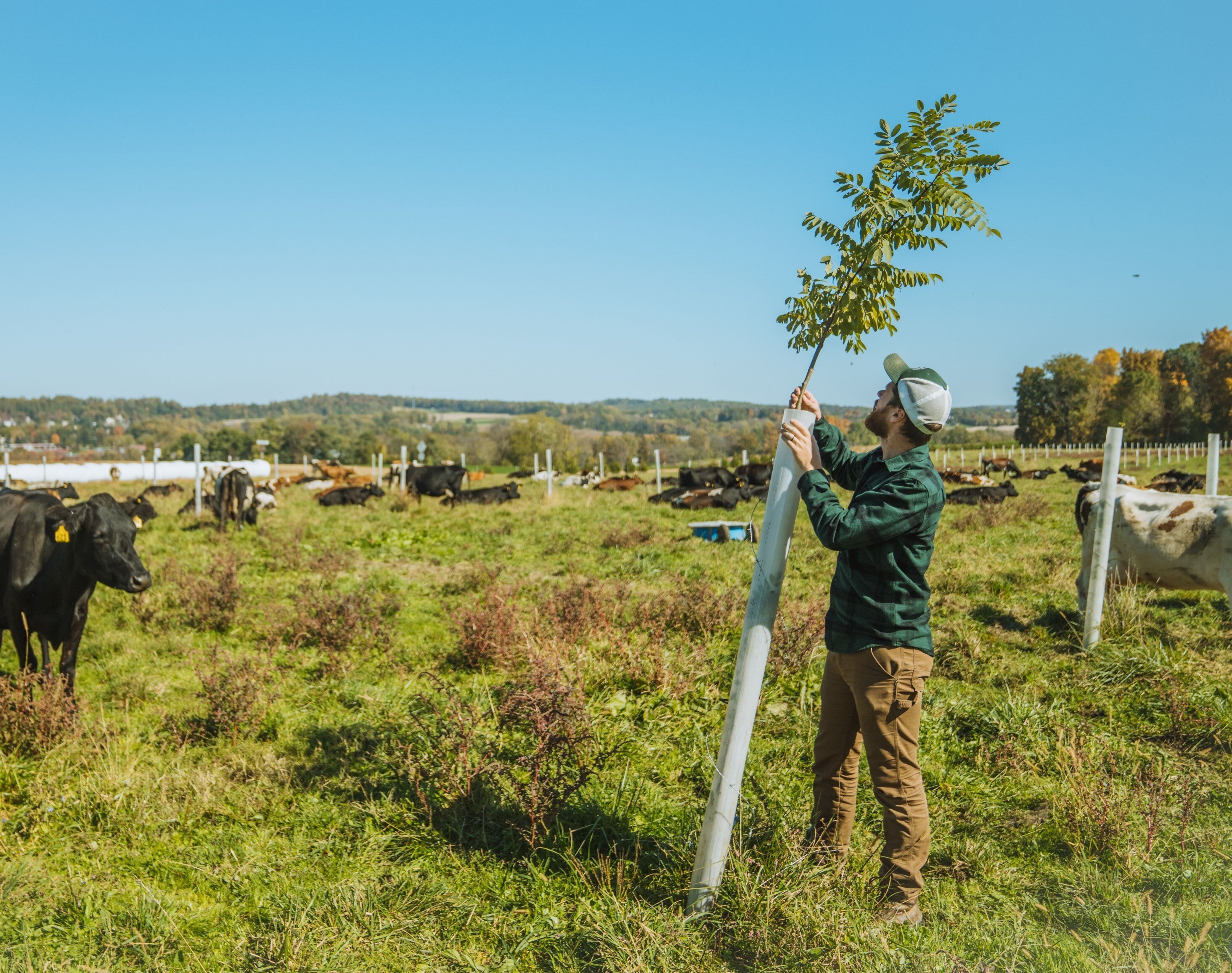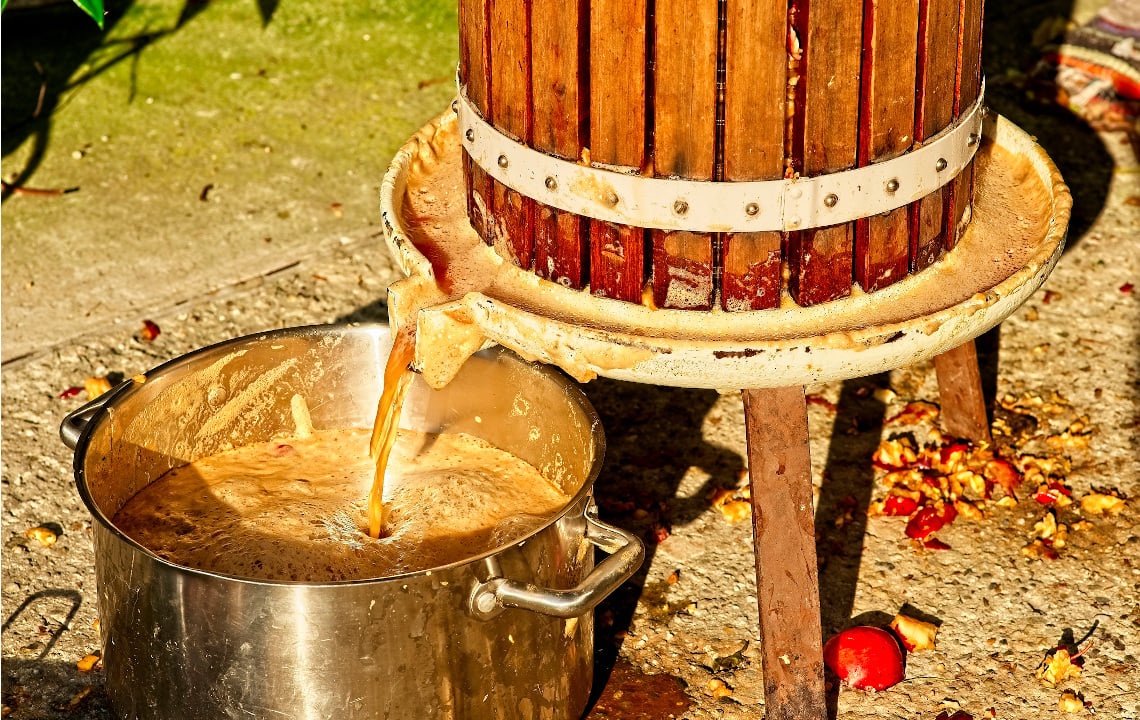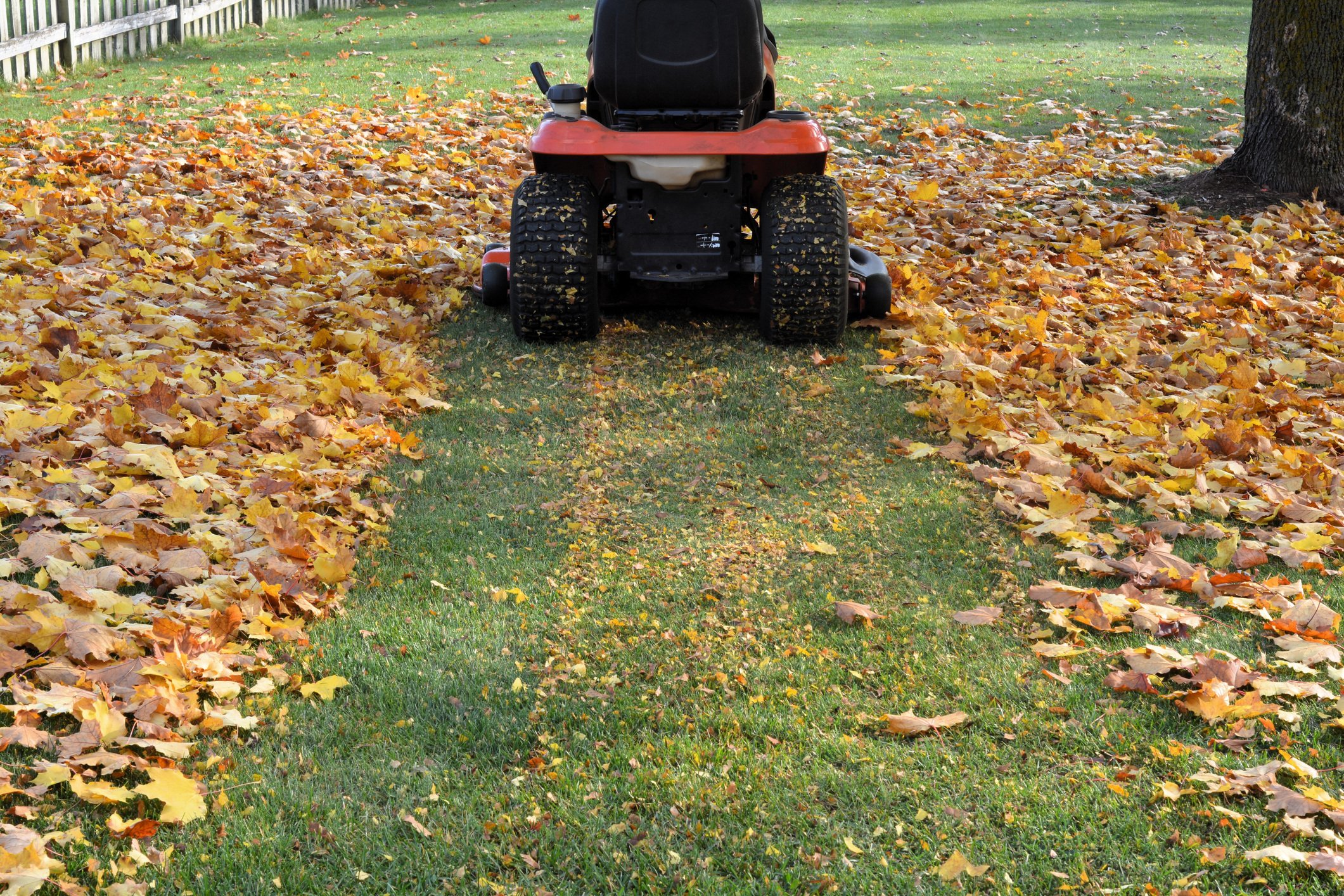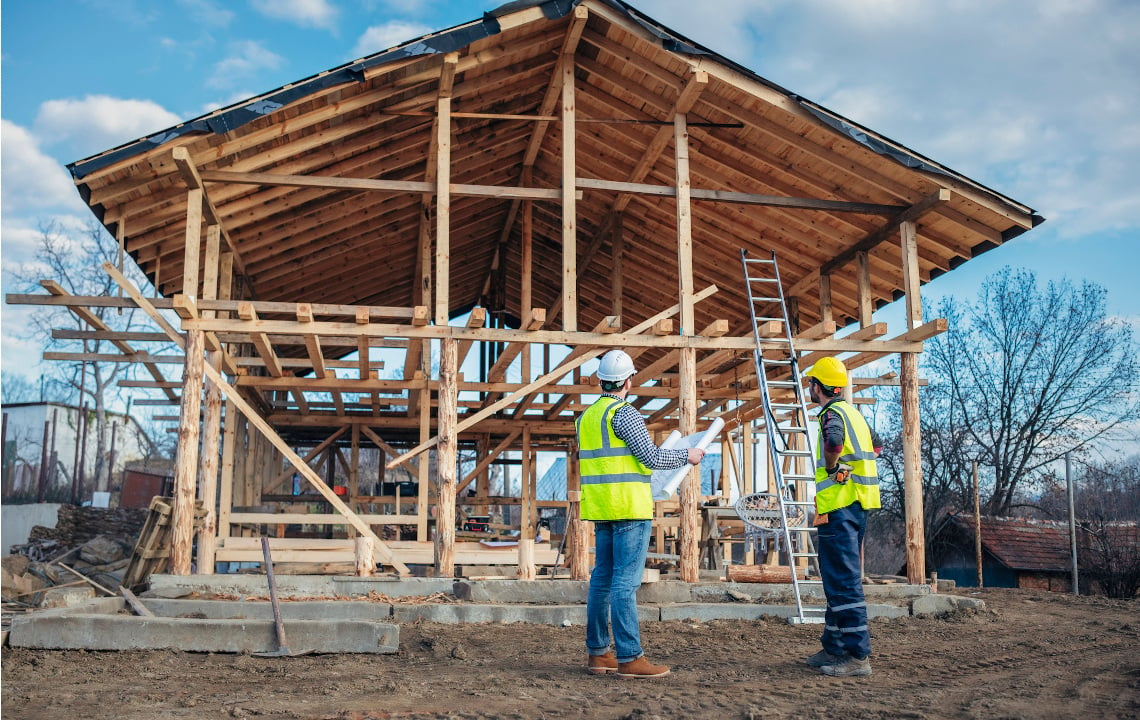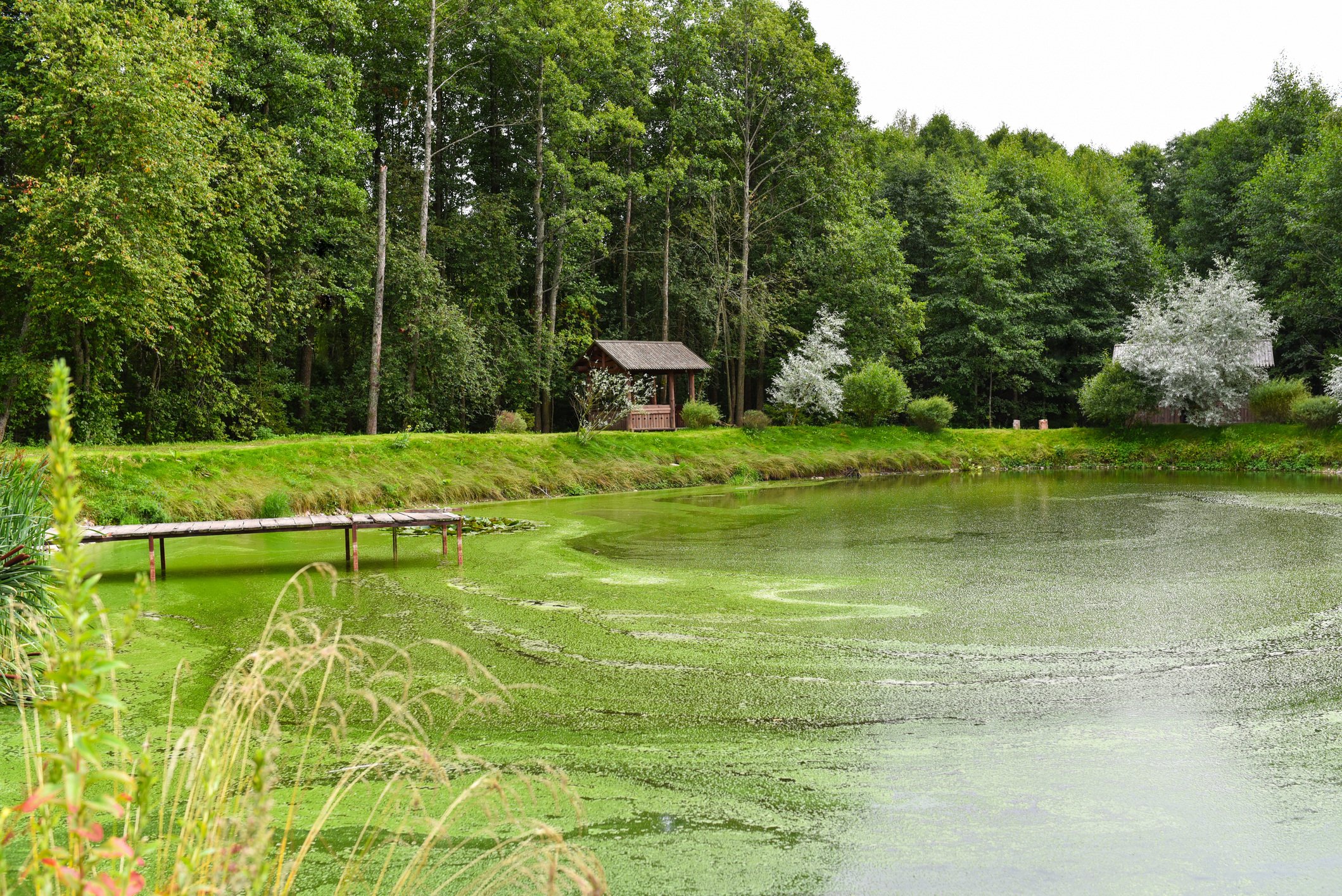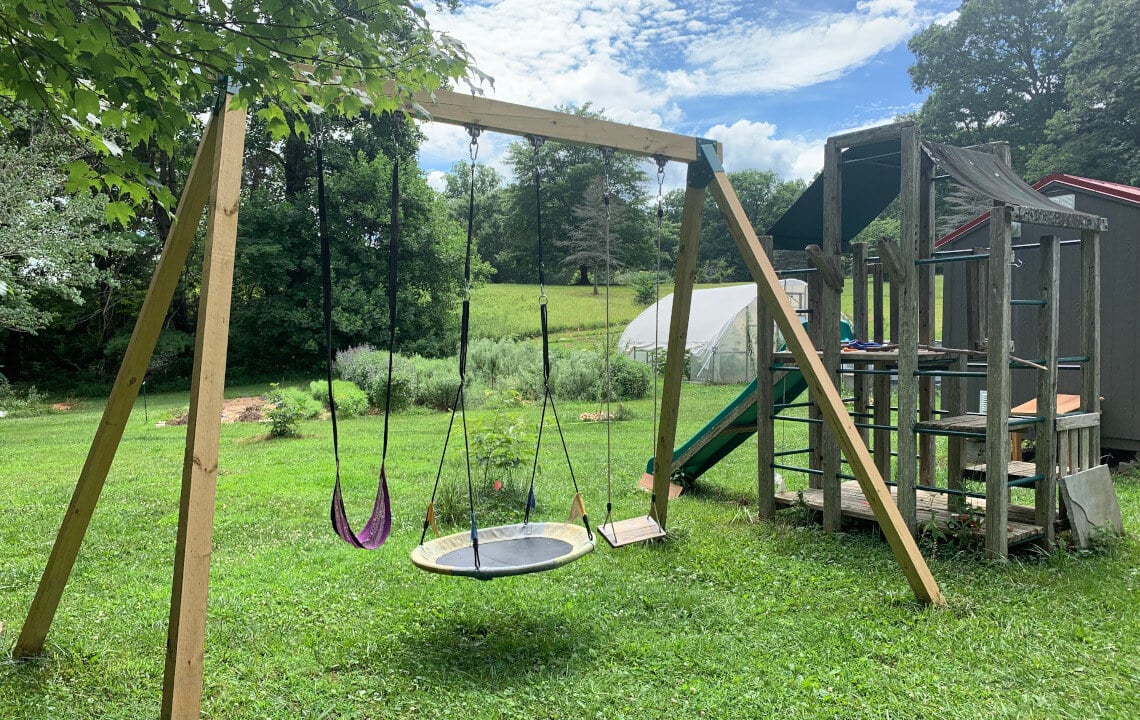A hobby farm, homestead, or recreational property requires the procurement of specific tools and equipment. Sportsman, woodworker and outdoorsman L Woodrow Ross shares his advice on choosing the best quality tools and sporting equipment and help them last a lifetime (or close to it).
If you're new to homesteading, hobby farming or owning recreational land, you probably have a lot of questions about the best tools and equipment to buy.
But sourcing and buying the best quality items is only the first step; you also need to know how to take care of them.
In this article, a seasoned homesteader and outdoorsman shares a simple criterion to follow when selecting any new tool and how to maintain them for a lifetime of use.
Selection Criteria: 5 Questions to Ask Yourself Before Purchasing a New Tool
The first and most important step to stocking your property with quality tools that last is: to buy the right tools in the first place.
Hint: this nearly always means not buying the cheapest tool for the job.
Here are 5 questions to ask yourself before selecting tools for your homestead or recreational land:
1. Is it the proper tool to accomplish the job?
This may seem obvious but if you’re new to farming or managing large acreage, doing your research is imperative to buying the right tool for the job.
2. Is It ergonomically designed to provide ease of handling?
This is important for all tools but especially for tools you will use often and/or for large jobs.3. Can maintenance be performed?
Either by yourself or by outsourcing to a convenient shop or mechanic? You'd be surprised how many new-fangled tools and gadgets are impossible (or nearly impossible) for the average person to fix and maintain.
4. Are replacement parts available in the event of damage or failure?
Again, the goal is longevity, which is why it often pays to buy from an established company.
You'll also want to determine what type of warranty is included (if any), what it covers, who services under that warranty (hopefully someone local) and whether it's worth purchasing an extended warranty for certain items.
5. Does the item provide good value for you, the consumer?
By going through the process of selecting a tool that will do the job, you can avoid buyer’s remorse. Plus, you will have a good experience with the tool and enjoy using it.
I have tools that belonged to my grandfather that are still functional and in constant use. This is evidence of the sound judgment used in selecting good equipment and maintaining it properly.
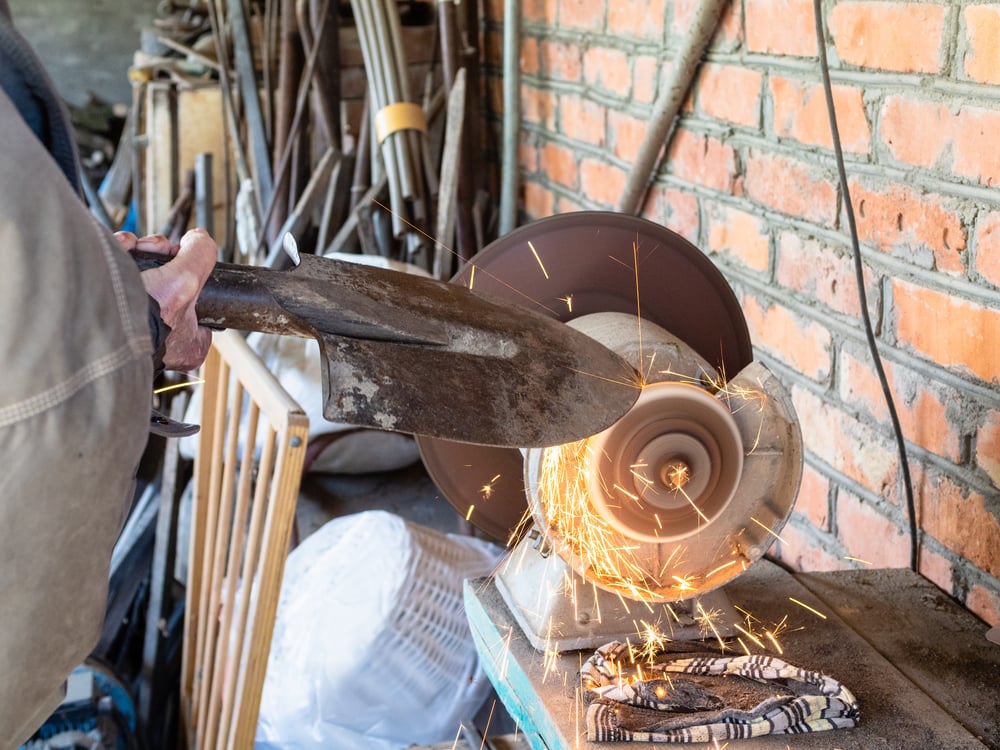
Maintenance of Equipment
Even the best equipment and tools can fail if not properly maintained. Yet, I’ve observed most people have never been taught how to maintain their tools properly.
For example, equipment such as digging tools (shovels, hoes, mattocks, post-hole diggers, etc.) should never be stored with dirt caked on them. This will accelerate rust and contribute to the failure of the tool.
Also, do not store items with wet wooden handles in a dark, damp environment. This will contribute to the weakening of the handles due to the invitation of rot.
Cutting tools, such as axes, clippers, pruners, hoes, etc., should be sharpened as needed. A dull cutting tool is more dangerous than a sharp tool. It will require more force to accomplish the task, thereby increasing the chance of misdirection of the force, possibly causing injury to the user.
When sharpening tools, observe the initial angle of the cutting edge that the manufacturer established. Follow that angle in grinding, and only remove as much metal as required to establish a sharp edge.
Files and grinders may be used to restore sharp edges, but with grinders especially, it is very easy to remove too much metal or change the angle of the edge. Removing too much metal may result in premature failure of the tool.
If you’re not comfortable sharpening your own tools, you can usually hire this out through a local hardware store. However, I’d highly recommend learning to do it yourself.
Just like your car or truck, power equipment should have its oil changed regularly, as the manufacturer recommends.
Power tools that require oil/gas mixtures should always follow ratio recommendations. Gasoline for power tools should have additives added, especially if stored for long periods.
It is a good idea to use additives such as Sta-Bil® in all gasoline that is destined for use in power equipment.
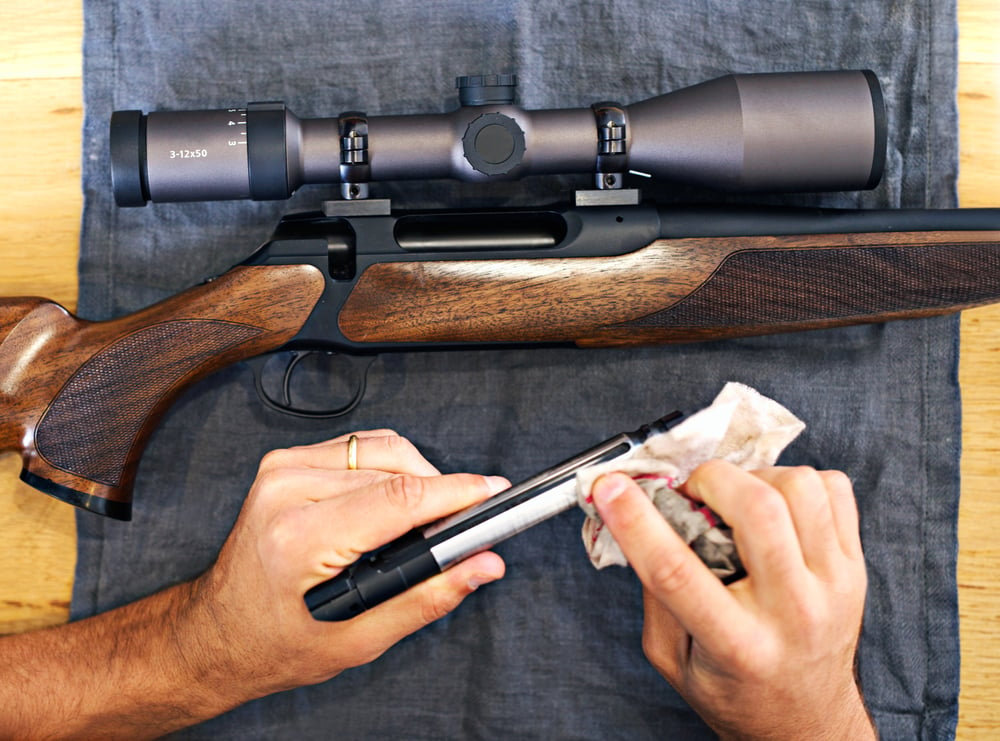
Care of Sporting Equipment
Sporting equipment, such as firearms, are subject to the same requirements as any other tool. and should be selected with the same level of consideration. This would include suitability for the end use, value, dependability, etc.
Firearms should never be used and stored without cleaning to remove corrosive powder from the bore, wiping away hand print residue (perspiration causes rust), lubrication of moving parts and ensuring they are properly unloaded with ammunition stored in a dry and stable environment.
Guns should also be stored with silica gel desiccant to capture ambient moisture.
Firearms should always be stored in an area inaccessible to children, and ammunition should be stored separately to avoid disaster.
Likewise, fishing equipment should be stored appropriately.
As a fly fisherman, I recommend storing sectional rods in cases or rod tubes to avoid breakage. Lines should be cleaned periodically for best performance and flies and lures stored in appropriate containers.
Conclusion
Few things are as disappointing as discovering a favorite tool, gun or rod has failed or been disfigured due to lack of attention or poor selection. Don’t let that happen to you.
By taking a few extra moments (and a few extra dollars, which will pay off in the long run) to select the optimal tool, then taking care to maintain and store it properly, it will always meet or exceed your expectations.
And, like my grandfather, you may even be able to hand it down to your grandchildren someday.


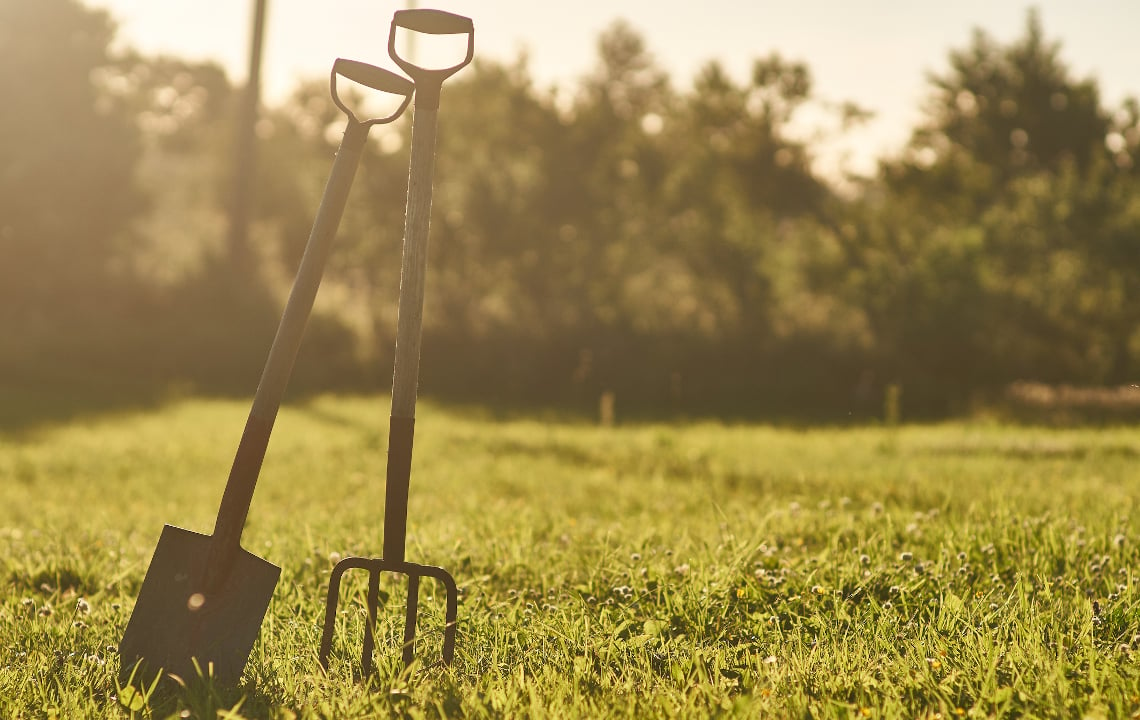

.jpg)
